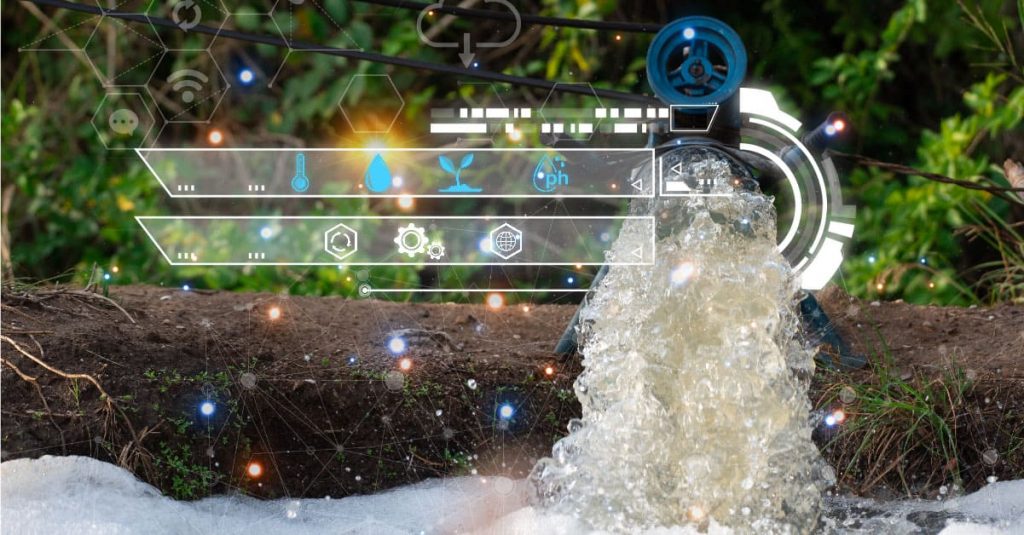Efficient water management has become increasingly critical in Oman, a country facing significant water scarcity challenges. One important aspect of the wastewater treatment process is the management of sludge, a byproduct of treating wastewater. Sludge contains organic and inorganic materials, which, if not handled properly, can pose environmental and health risks. Advanced sludge dewatering techniques play a vital role in minimizing these risks and ensuring sustainable water management.
This blog explores the importance of sludge dewatering, its advanced techniques, and how it fits into the broader wastewater treatment plant process.
What Is the Wastewater Treatment Process?
The wastewater treatment process involves several stages designed to remove contaminants and pollutants from wastewater. These stages include preliminary treatment to remove large debris, primary treatment to settle solids, secondary treatment to break down organic matter, and tertiary treatment for advanced filtration and disinfection. Sludge, generated during primary and secondary treatment, is processed further to reduce its volume and make it safe for disposal or reuse.
Why Is Sludge Dewatering Important?
Sludge dewatering is the process of separating water from solid sludge to reduce its volume. This step is crucial because untreated sludge contains harmful pathogens, heavy metals, and organic pollutants that can contaminate soil and water sources. By dewatering sludge, wastewater treatment plants can:
- Reduce Disposal Costs
Minimizing the water content in sludge lowers its weight and volume, reducing transportation and disposal expenses.
- Improve Environmental Sustainability
Properly dewatered sludge can be safely disposed of or repurposed as fertilizer, contributing to a circular economy.
- Enhance Efficiency in the Wastewater Treatment Plant Process
Removing excess water from sludge ensures that treatment plants operate efficiently and comply with environmental regulations.
Advanced Sludge Dewatering Techniques
Oman’s wastewater treatment plants have adopted advanced sludge dewatering technologies to optimize efficiency and sustainability. Some of these techniques include:
1. Centrifugation
Centrifuges use high-speed rotation to separate solids from liquids. This method is effective in reducing sludge volume and is widely used in Oman due to its high efficiency and reliability.
2. Belt Filter Press
A belt filter press uses gravity and mechanical pressure to remove water from sludge. It is an energy-efficient option suitable for processing large volumes of sludge, making it a popular choice in wastewater treatment plant processes.
3. Screw Press
The screw press method involves squeezing sludge between a screw and a cylindrical screen to extract water. This technique is simple to operate and consumes less energy compared to other methods.
4. Electro-Osmosis
Electro-osmosis is an advanced technique where an electric current is applied to sludge, causing water to move toward the electrodes and separate from solids. This method is gaining popularity in Oman due to its high dewatering efficiency and ability to handle challenging sludge types.
5. Solar Drying
Solar drying is an eco-friendly sludge dewatering method that uses solar energy to evaporate water. Although slower than mechanical methods, it is a sustainable option in regions like Oman with abundant sunlight.
Benefits of Advanced Sludge Dewatering
The process of wastewater treatment benefits significantly from advanced sludge dewatering techniques:
- Reduced Environmental Impact
Proper sludge management prevents harmful pollutants from entering natural ecosystems.
- Resource Recovery
Dewatered sludge can be used as a raw material for composting or biogas production, promoting resource recovery.
- Cost Savings
Efficient dewatering methods lower the costs associated with sludge transportation, treatment, and disposal.
- Improved Plant Efficiency
Advanced techniques streamline the wastewater treatment plant process, allowing facilities to operate more effectively and meet regulatory standards.
Choosing the Right Sludge Dewatering Solution with Ion Exchange
Ion Exchange, a leader in water treatment technologies, plays a crucial role in wastewater treatment sludge dewatering in Oman. They utilize advanced technologies with resource recovery to promote sustainable solid waste management. Their Integrated Waste Management System efficiently treats chemical, biological, and oily sludge generated during various waste treatment processes.
Additionally, Ion Exchange offers customized and pre-designed waste-to-energy plants, leveraging cutting-edge technology to convert municipal solid waste and sludge into clean water, energy (heat and power), and organic fertilizers. By doing so, they adhere to the principles of the circular economy, ensuring that waste is repurposed into valuable resources, contributing to a more sustainable future. Our range of products includes:
- Centrifuges
- Belt Filters Presses
- Screw Presses
- Fecal Sludge Treatment
Conclusion
Advanced sludge dewatering techniques are a cornerstone of efficient wastewater management in Oman. By integrating these methods into the wastewater treatment process, the country can address water scarcity challenges, reduce environmental pollution, and enhance resource recovery. Understanding the wastewater treatment plant process and the role of sludge dewatering highlights the importance of sustainable practices in ensuring a cleaner, healthier future.
Connect with Ion Exchange experts today to learn more about innovative wastewater treatment solutions and advanced sludge dewatering techniques.


